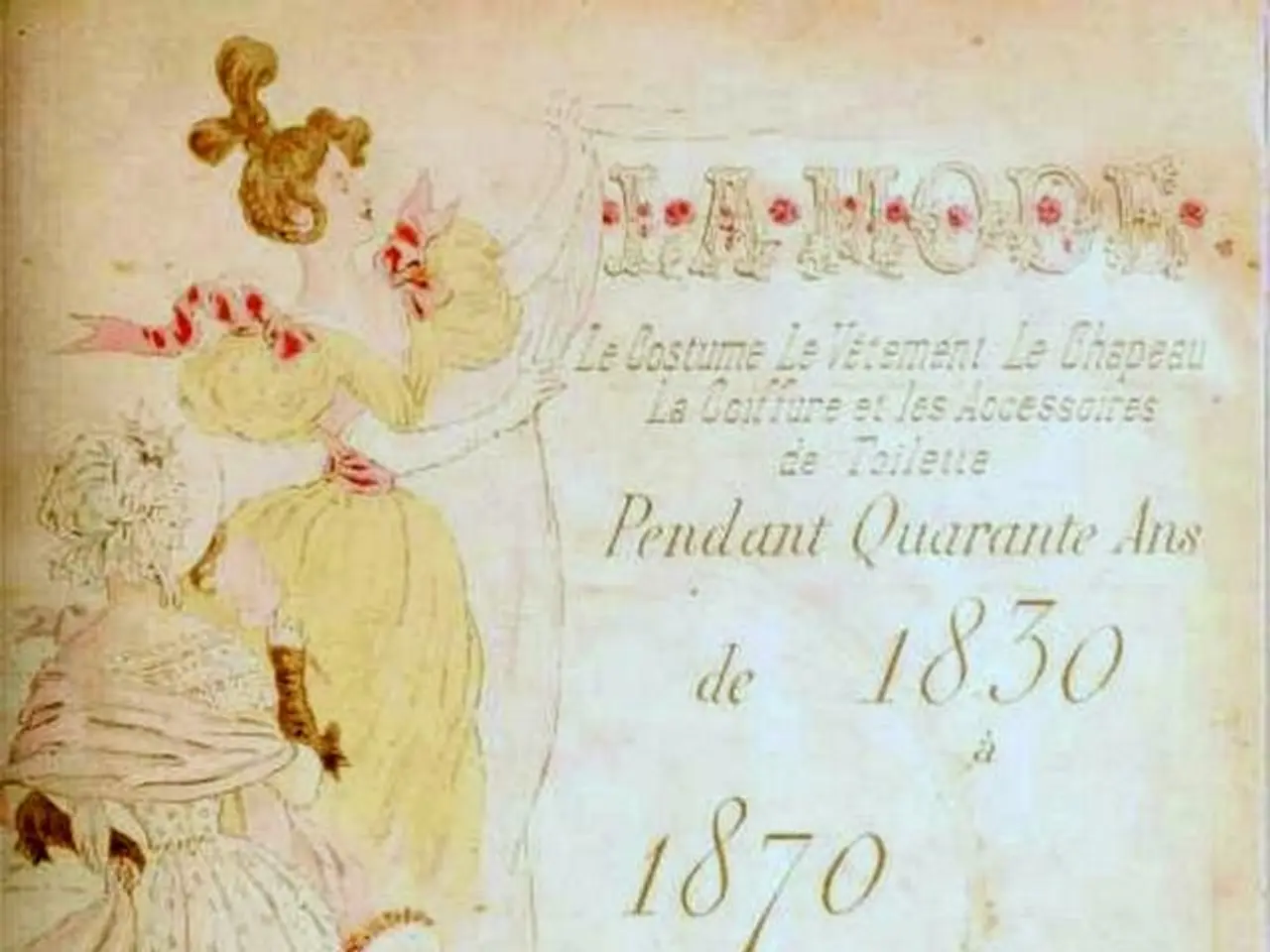Women now dominate the landscape of Bergisch Gladbach
In the heart of North Rhine-Westphalia, a significant tribute has been made to three remarkable women who shaped the fate of the paper manufacturer Zanders over two centuries. The project, known as FrauenOrte NRW, aims to honour 57 female personalities from over ten centuries and all regions of North Rhine-Westphalia at 52 locations by the end of 2025.
The project, a notable example of project management, is funded by the Ministry for Children, Youth, Families, Equality, Flight and Integration of the state of North Rhine-Westphalia and is under the patronage of the Minister for Equality, Josefine Paul. Dr. Ulrich Soénius, the director of the Rhineland-Westphalian Economic Archive Foundation in Cologne, played a crucial role in bringing the project to Bergisch Gladbach.
The three women, Julie Zanders, Maria Zanders, and Olga Zanders, have been selected for a special tribute by the Women's Council NRW e.V. Julie Zanders led the paper manufacturer Zanders from 1831 to 1836 and again from 1857 until her death in 1869. During her tenure, she made the company independent at a time when this was neither common nor encouraged for women. Maria Zanders, who expanded and modernized the company through acquisitions, led it alone from 1870 and initiated the construction of Villa Zanders in 1873-1874. She not only acted entrepreneurially but also culturally, creating a place where art, music, and civic engagement came together. Her legacy still shapes the Kunstmuseum Villa Zanders today. Olga Zanders managed the company from 1915 to 1929, ensuring the survival of the company during World War I and the depression of the 1920s.
The determined actions of Julie, Maria, and Olga Zanders secured many people's jobs and livelihoods for many years. The memorial plaque for the three women was inaugurated at a reception in Villa Zanders on September 12. Judith Klaßen, the equal opportunities officer of the city of Bergisch Gladbach, emphasized that the Zanders women were pioneers who decided to take over the leadership of the company Zanders at a time when this was not common.
The goal of the FrauenOrte NRW project is to contribute to equality by correcting the distorted perception that women have not contributed significantly to history. Marlis Sauer, who initiated the project FrauenOrte NRW e.V. and was significantly involved in the inauguration of the commemorative plaque for the three Zanders women, echoed this sentiment. Olga Zanders also founded the marriage grant in 1918, providing 200 marks to daughters and sons of Zanders employees upon marriage, further emphasizing her significant contribution to the company and its employees.
The Women's Council NRW project aims to bring attention to women who have played significant roles in history but have been overlooked in the past. The Zanders women, with their groundbreaking actions and lasting impact, are a testament to the importance of recognising and celebrating these historical figures. Their story serves as an inspiration for future generations, demonstrating the power of determination, innovation, and leadership, regardless of gender.




